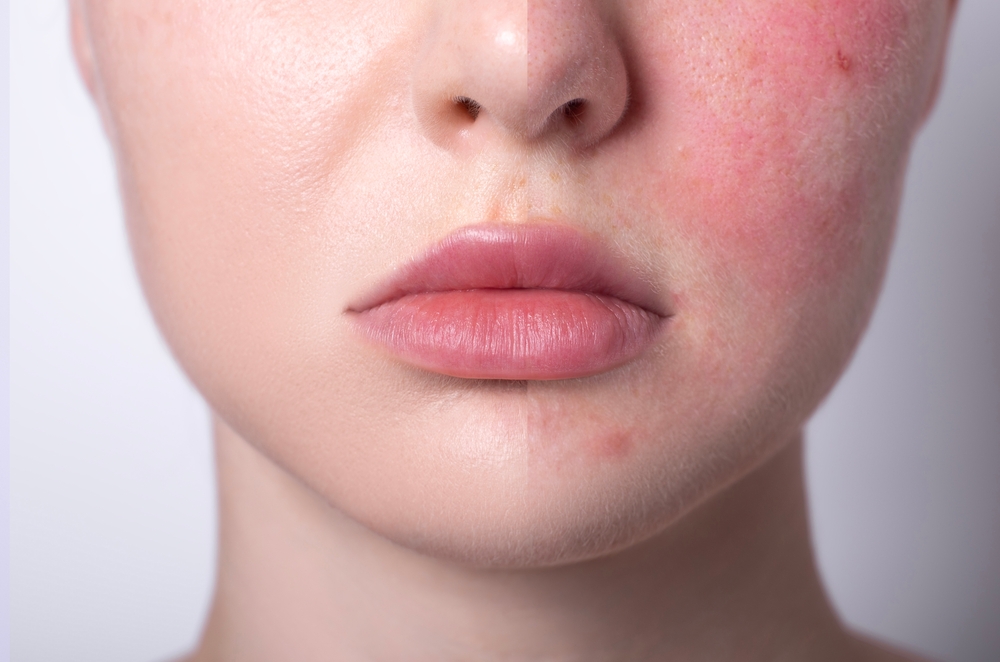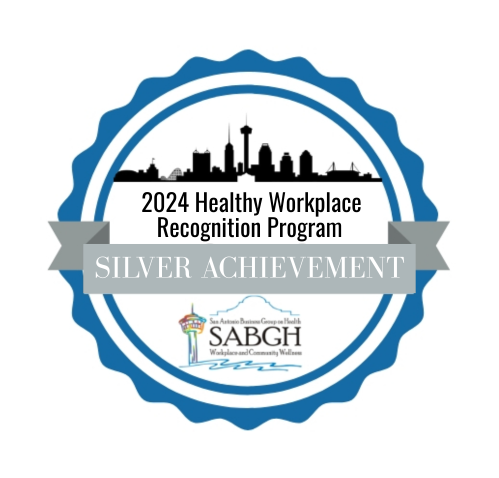I hope you’re not thinking right now that I’m actually going to ENCOURAGE you to give yourself digestive problems!
Quite the contrary, we work very hard at our office to help people learn how to heal their GI systems naturally and reduce issues like reflux, constipation and bloating. But many times, those types of problems are self-inflicted because of habits that you may be repeating day after day, sometimes unknowingly. Constant bombardment of different types of stress to your gut will leave you feeling miserable and open the door to a whole world of other health problems.
Therefore, you may want to take a look at some of your lifestyle habits to see if they could be driving those digestive issues you’re dealing with daily. Between foods, drugs and stress, you may be surprised at the effects some of these are having on your insides!
The Lineup of Culprits
- Wheat – One food that is frequently linked to digestive issues is wheat, or more specifically, the protein that it contains called gluten. From celiac disease to gluten sensitivity to wheat allergies, this food is a common cause of many a person’s gastrointestinal woes. In some individuals, gluten can cause inflammation, allergic reactions, or even prompt the body into attacking its own intestinal lining! The net result of these is a gut that doesn’t absorb healthy foods well and can leave you with pain, bloating and poor energy.
- Alcohol – While it may be nice to enjoy a cold adult beverage occasionally, there can also be a price to pay from consuming too much alcohol. It is a known irritant to the stomach and can promote inflammation in the GI tract. Plus, if it is grain based (think beer and liquors made from grains like whiskey) you could be adding extra damage as was noted above. Beyond that, the alcohol also contributes to dehydration as it prevents your body from retaining necessary water.
- Antibiotics – The big knock on antibiotics is the overuse of them. While it is definitely important to have them when a serious situation develops, too often they are prescribed for minor issues where the body would likely overcome the unwanted guests on its own. Remember, antibiotics will destroy both the bad AND the good bacteria in your system. If you don’t replenish the good ones that help you digest your food, break down fiber and protect your body, you could be leaving yourself open to digestive issues or another attack by the bad bugs when your “good soldiers” are depleted.
- NSAIDs – Nonsteroidal anti-inflammatory drugs like ibuprofen and aspirin can help someone deal with pain when it occurs. But they can also hamper the gut’s own immune defenses by blocking the activity of enzymes that protect against the natural acidity of the stomach. Once the lining gets irritated it can lead to chronic inflammation and permeability issues, resulting in a greater chance of developing food intolerances or sensitivities. And they’ll like be for the foods that you eat most often!
- Stress – If you’ve ever been nervous or upset and felt your stomach doing flip-flops, you know that stress can affect your digestive tract. Not only can it leave you not wanting to add any food to it, but it can have several other effects as well. It can increase your stomach acid production, increase the rate at which food passes through and decrease your barrier integrity that helps keep you protected and your immune system from being challenged.
The simplest strategy to helping maintain a good gastrointestinal environment is simply to avoid adding the different stressors to it like the ones just mentioned. Ensuring you have enough good bacteria by adding a probiotic can also be beneficial for most people. But if you deal with persistent GI issues, it may be time to recruit some assistance. A program that will help you with the 4 R’s (remove, replace, reinoculated and repair) like the one we’ve used so successfully may be just what the doctor ordered. And in the process, you’ll learn how to stop being your own worst enemy to your gut!
















